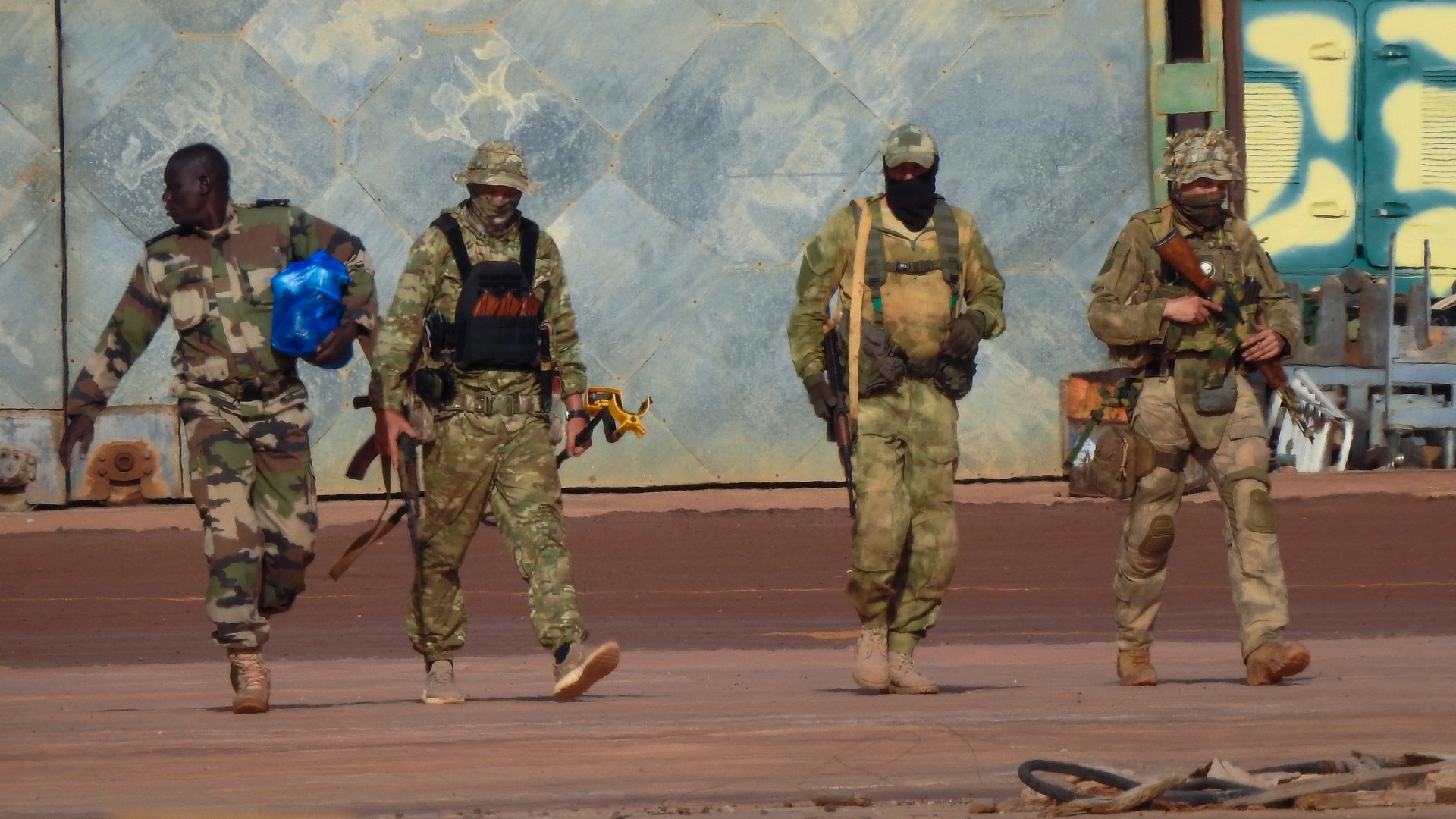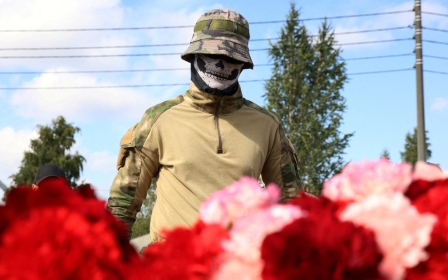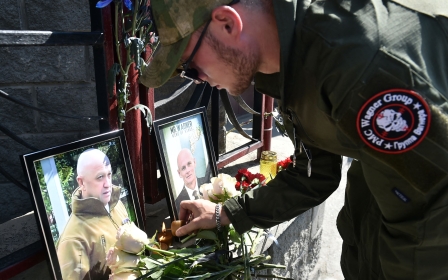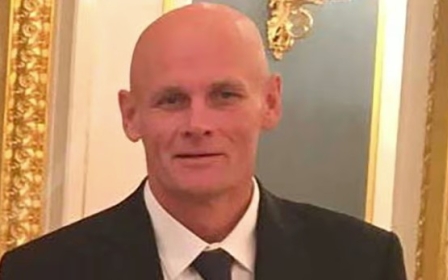Wagner: Without Prigozhin, Russia is set to lose big in Africa
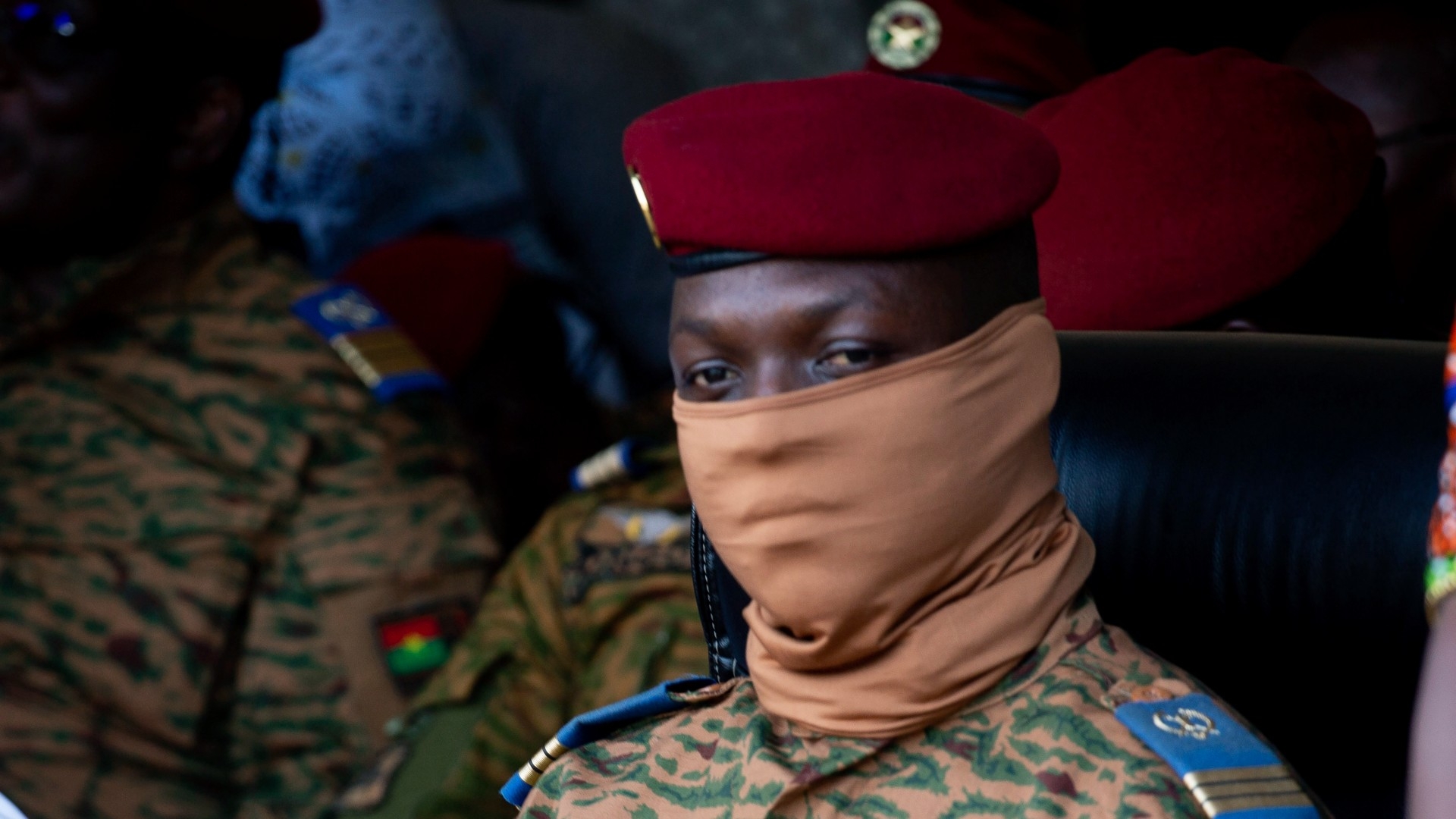
The Wagner Group is expected to descend into chaos in Africa following the suspected assassination of its founder Yevgeny Prigozhin and other senior leaders on Wednesday, three sources directly involved with the organisation told Middle East Eye.
Wagner has become an important actor in Africa since 2019, when Prigozhin stepped up its operations in Libya by aiding eastern commander Khalifa Haftar secure his foothold and backing him in an abortive attempt to take Tripoli.
Its influence has only grown since and spans Syria, Libya, Mali, Sudan, Niger, Burkina Faso, and the Central African Republic, not to mention Ukraine, places it holds military, business and political interests.
That work was done at the Russian government’s behest, until a brief Wagner mutiny in June soured relations between Prigozhin and Vladimir Putin to a now apparently deadly degree.
Wagner sources believe Prigozhin’s plane was downed on Putin’s orders.
New MEE newsletter: Jerusalem Dispatch
Sign up to get the latest insights and analysis on Israel-Palestine, alongside Turkey Unpacked and other MEE newsletters
Since the mutiny, Putin and Prigozhin had competed over Wagner’s networks in Africa.
Sources familiar with the group’s operations told MEE earlier this year that the Russian defence ministry was struggling to seize control over Wagner’s African networks as they are nebulous and relied heavily on myriad personal connections personally shaped by Prigozhin himself.
His death would further complicate the Wagner operations, according to the sources.
“Wagner is now a danger to both Russia and Africa in particular,” one source familiar with the Wagner operations in the continent told MEE.
“Russian President Vladimir Putin chose an early revenge, and the Kremlin and Putin seem to have risked partial shrinkage of influence in Africa when planning this assassination.”
More powerful than Russia
A second source, a private military contractor based in the Sahel, said Wagner was more powerful than Russia in Africa.
The contractor doubted that the Russian defence ministry would have the required resources and attention to track Wagner’s networks or move the organisation in a new direction.
“Realistically, Wagner has spread like a virus, and Russia seems willing to amputate an arm to cure it,” the second source said. “Maybe Wagner will turn into murderers working for dictators in Africa, like the Nazi officers who escaped after the death of Hitler. Who knows?”
BBC News Ukraine reported on Thursday that the Russian military intelligence agency GRU was instructed some time ago to develop a plan to replace most of Wagner’s operatives in African countries with an alternative group of mercenaries, but Prigozhin fiercely opposed it.
The BBC also speculated that Putin might have tried to replace Prigozhin with General Andrei Averyanov, the head of GRU’s Unit 29155, which is tasked with foreign assassinations - reportedly including the attempt on Sergey Skipral in Salisbury.
Putin introduced Averyanov to delegations of African countries during the Russia-Africa summit in July.
“Everyone thinks Wagner in Africa is white-skinned Russians,” the second source said. “Wagner strengthened itself here by training and recruiting locals and establishing relationships within the local armies.”
The source added that Russian attempts to take control of the Wagner network were like trying to find your way in the dark.
“Most of Wagner's employees here are paid by local contract partners and are not on the company's records,” he said. “I believe the Russians do not have the power to dissolve and control this structure.”
The source added that the company had spread to parts of Africa without any Russian government control or influence.
Taking advantage
Wagner is often accused of terrible human rights abuses. Middle East Eye has also previously reported on massacres carried out by Wagner fighters around gold mines in the Central African Republic and abuses in Libya.
Meanwhile, the United States has accused the group of pilfering billions of dollars’ worth of gold from Sudan - with much of it allegedly making its way to the United Arab Emirates and Russia.
The first source said Wagner wasn’t very powerful in countries like Mali. But further south and east, in the weaker states of the Sahel, the organisation has become very effective.
“We also know that from time to time Chinese private companies are negotiating with Wagner for contracts to receive security services,” the first source said.
“This disturbed the Kremlin. Taking advantage of the weakening Russian influence due to Ukraine, China was taking steps to advance rapidly in the field of Russian trade in Central Asia. It was no secret that Putin was also uncomfortable with the relations between Wagner and the Chinese in Africa.”
The third source involved with Wagner concurred that the Kremlin would struggle in Africa, and predicted its unruly fighters would soon get up to no good.
“In the future, we will pass time talking about what the Wagner employees did in Africa,” the source said.
This article is available in French on Middle East Eye French edition.
Middle East Eye delivers independent and unrivalled coverage and analysis of the Middle East, North Africa and beyond. To learn more about republishing this content and the associated fees, please fill out this form. More about MEE can be found here.


